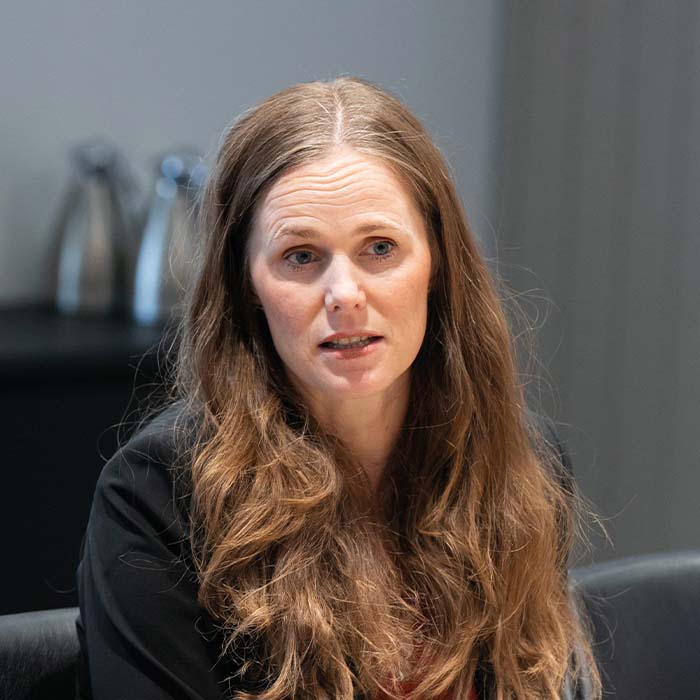Reality and misinformation in the transition process
A transition as significant as the decarbonisation of energy supply and distribution requires social licence. Adding to the challenge of delivery are issues like misleading news stories and, perhaps just as damaging, the temptation to avoid difficult issues – like the investment cost of transition – in public discourse.
PRICE If we shut down all the coal plants now, we would absolutely have a problem with keeping the lights on this summer. We have to figure out our transition plan. Producing solar power may be cheap in optimal conditions but we need power 24/7, which means we have to explore longer-term solutions that are not thermally generated – and these are typically very expensive, complicated, time-consuming and therefore risky projects.
Pumped hydro projects are complicated and very big; offshore wind is also complicated and big,
nuclear the same – and it also comes with additional political and social concerns. It all takes a lot of time.
Gas generation is a solution that other parts of the world rely on, but as another thermal solution it is not straightforward to get the support needed for new gas builds today.
STUART Our key priority should be getting diesel and coal, which have high emissions, out of the system.
The challenge with new gas investment is the payment mechanism or business model used to support the investment. The analogy I use is desalination plants and water security: one only wants to turn them on when they are needed but, as water users, we pay for this as, effectively, an insurance product.
Could some sort of capacity market for energy firming emerge that provides investment certainty? APA Group likes certainty, in the sense of defensive cash flows and a reasonable return for providing energy infrastructure. There needs to be a mechanism about what the revenue model for a gas peaker generation plant looks like. When electricity prices spike or there are shortages, these types of gas peaking plants should be available.
STUART This is an issue, especially in Victoria. If Victoria cannot access sufficient gas it will have to determine how it gets it from either New South Wales or South Australia.
ZHONG I think this speaks to the point about investment certainty. It is not just production infrastructure – it goes upstream as well.
EWINGS The ban on household gas in Victoria has already been mentioned. The question here is:
what does this mean for community sentiment about gas, and will there be further repercussions? Large, universal owners, for instance, are putting restrictions on the types of oil and gas projects they participate in.
STUART Consumer behaviour and habits will play a big part in the transition, but there could be a step up in education. For instance, there is limited conversation taking place about demand management – where energy users can be paid during times of peak demand to use less electricity. A similar thing happened with water use, when there was a push to install half-flush toilets.
TOME I agree there is not enough education. Quite a lot of blackouts in Australia are caused by fires or floods. This provides an opportunity to educate everyone that renewables are fighting climate change and we are moving toward a better world. The older generation might not understand yet, but they can.
I have solar panels on my roof and this has caused me to change my use of electricity. In particular, appliances such as the dishwasher, washing machine and dryer are used during daytime hours to make use of solar power. Everyone needs to change their way of using electricity, and it is the same with water.
DAWSON I digress, but on the point about climate-change-induced weather events, we have observed that events associated with climate change are bringing additional cost.
We recently renewed our insurance for a solar farm and it was very difficult to get a policy that would cover us for hail, for instance. Initially we were looking at a 96 per cent year-on-year increase in our premium. We eventually managed to secure enough coverage at a lower cost, but event risk related to climate change is having significant impacts in the insurance space.
BROWN It also can’t be a simple ‘slip, slop, slap’ campaign like we did with skin cancer, because everyone approaches transition in a different way. I suspect this is why it is so hard to get the message out.





